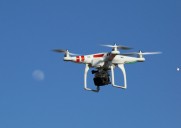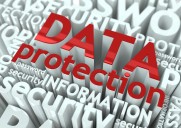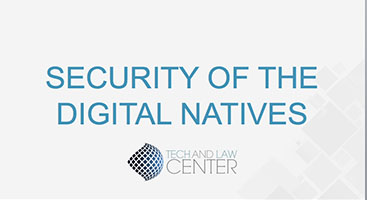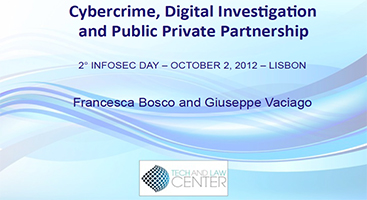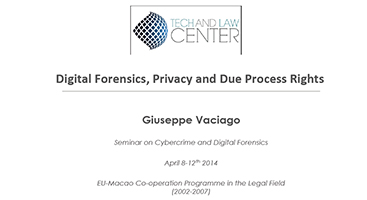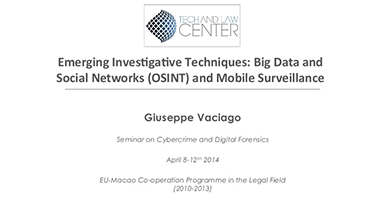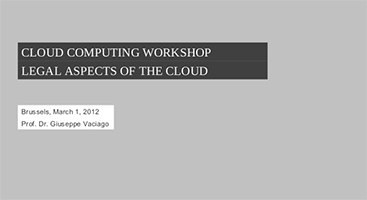Big Data and Social Control
Alessandro Mantelero and Giuseppe Vaciago analyse in this paper the revolution in social analysis due to Big Data and their predictive capacities. To have access to this technology and to exploit its power it is necessary to have the availability of large data sets and to invest heavily in equipment and research. Only big companies and governments have these resources and, consequently, are able to use this control over digital information both to increase their performances and to increase their control over individuals. Information found online, via activities of analysis, monitoring, geolocation and facial recognition that are not always legal, provide a glimpse into the lives of suspects, victims, and witnesses that wouldn’t be possible with a real-life investigation. It is suffice to recall that in 2012 the Los Angeles Police Depart- ment is using a software application that can combine Big Data for the purpose of predicting and pre- venting crimes that appears to have contributed to the sensitive fall in the crime rate in the city. From this perspective, considering the role of government agencies and their increasing requests of information to the private sector for public security purposes, it is necessary to adopt specific rules in order to regulate the information flow, define the rights over data and ensure adequate enforcement. If it is true that information is often publicly available, it is also true that the line between the public and private sphere will become even more blurred in the Big Data era. The article is published in the Proceeding of the 9th International Conference on Internet, Law & Politics, Universitat Oberta de Catalunya of June 23, 2013.








